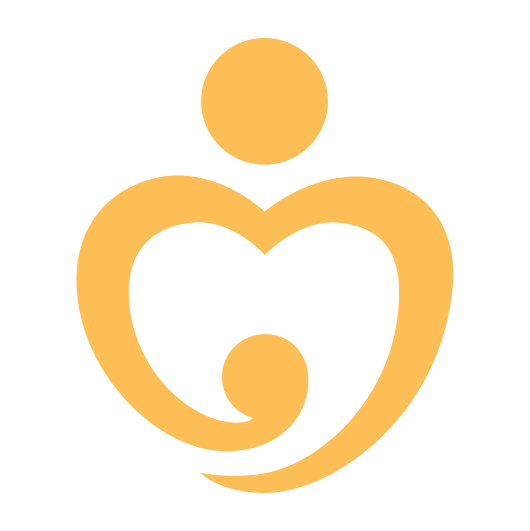Q3 Report 2024
July - September
Dear One Heart friends,
Our team has been working incredibly hard over the past several weeks in response to the devastating floods that have affected thousands of people across Nepal, including in our program districts of Sarlahi, Rautahat, and Kavrepalanchowk. While further details about our flood relief efforts will be provided in our next newsletter, we wanted to take this opportunity to express our gratitude to you, the One Heart community, for your support during this difficult time. Thanks to your generosity, we will be able to provide more humanitarian relief than we had originally planned, which will go towards helping more families who have lost their homes and been displaced by the floods receive the assistance they desperately need.
We also wanted to share an important leadership update with you. After four years of dedicated service as our CEO, Mr. David Murphy has stepped down to pursue other opportunities. Under David’s steady guidance, OHW experienced strong programmatic growth, and we reached an impressive milestone: 1.5M mothers and newborns with improved access to quality healthcare services across Nepal. David’s commitment to our mission has been invaluable, and we are deeply grateful for his contributions. We wish him every success as he embarks on his next chapter.
As we look toward an exciting future, I am delighted to introduce our interim co-CEOs, Dr. Sibylle Kristensen and Mr. Surya Bhatta. Dr. Kristensen has served as OHW’s Chief Operations Officer since 2010 and is based in the US, while Mr. Bhatta has worked with OHW since 2010 and served as OHW’s Executive Director since 2019, based in Nepal. Sibylle and Surya bring a shared vision for OHW’s future that reflects both operational excellence and a deep-rooted understanding of Nepal’s context and healthcare system. With complementary expertise and over 30 years of combined experience at One Heart Worldwide, these two great leaders embody our commitment to diverse, locally-driven leadership. We are excited to move forward with them to achieve our ambitious goal of tripling our impact in Nepal to reach 3.8M mothers and newborns by 2028.
Warmest regards,
Dr. Kirsten Meisinger, MD, MHCDS
Chair, One Heart Worldwide Board of Directors

Program Highlights
-
In August, we launched our new partnership with Noora Health to introduce and implement their Care Companion Program (CCP) in three hospitals across Nepal. This collaboration aims to enhance healthcare quality through culturally relevant training and education, significantly improving patient outcomes and caregiver support. Our team aims to train 75 nurse trainers on the CCP, who will then train an estimated 8,000 unique caregivers across the three hospitals to better care for the pregnant and recently postpartum women and infants in their care. The CCP currently trains nearly 15,000 caregivers throughout India, Bangladesh, and Indonesia every day. This partnership represents an important milestone as the model scales across the region.
-
This year’s monsoons severely damaged the roof of the birthing center at Barachaur Birthing Center in Parbat, leading to multiple leaks that allowed water to infiltrate the facility. As a result, the delivery and waiting areas experienced significant water pooling. The disruption affected maternal and newborn healthcare services, including delivery services. An urgent support request was made to all stakeholders by the Health Facility Operations and Management Committee (HFOMC). In response, OHW provided roofing materials and local stakeholders mobilized by the HFOMC, immediately replaced the damaged roofing. The facility resumed smooth service delivery shortly thereafter.
-
We renewed our General Agreement with the Social Welfare Council in July. This agreement allows us to operate and continue our legal presence in Nepal for the next five years. The smooth renewal process demonstrates the strong partnership we have been maintaining with the Government of Nepal.
-
We signed a partnership agreement with the Karnali Academy of Health Sciences to strengthen the health system in Karnali Province. Both parties have committed to enhancing the capacity of health facilities in the province to provide regular quality basic health services, including maternal and neonatal health (MNH). Additionally, this partnership aims to improve the resilience of these facilities to respond adequately and promptly to challenges arising from climate change.

Program Delivery













Research & Development
-
We are pleased to share the final external evaluation report of the work conducted by Dartmouth College and Social Sciences Baha. The experience of conducting this evaluation has taught us an enormous amount, both in terms of our program and regarding the challenges of having an external team assess our work amid a global pandemic. We are happy that the report demonstrated some of the positive impacts of our intervention. We have also been able to capitalize on some of the issues identified by the study as areas where we should increase our programmatic focus. Last but not least, after facing what seems like every conceivable challenge possible during our initial study, we are now much better equipped to conduct future surveys. We are currently in the process of looking for new partners to conduct additional impact assessments in order to complement this report, which we consider as initial results.
-
The “Saving Lives at Birth” (SLAB) research project will evaluate the effectiveness of the USAID-sponsored simulation training labs on improving maternal and neonatal health outcomes. Baseline data collection began at two project sites - Paropakar Maternity and Women’s Hospital and Surkhet Provincial Hospital. Data collected includes the proportion of women experiencing postpartum hemorrhage (PPH), the proportion of women receiving blood transfusions after experiencing PPH, and the proportion of newborns with APGAR scores of less than 7 five minutes after delivery. Two data collectors were hired at these sites. The maternal and newborn health staff of these two hospitals were also oriented on the SLAB research objectives and data collection. Lastly, the research and program inception meetings were conducted at the Pokhara Academy of Health Sciences this quarter.
-
The findings of the baseline study in Kalikot were shared among all stakeholders, including the District Health Service Office Chief and their staff; health coordinators from all nine municipalities; district health staff; and representatives from other NGOs working in the district. All of the stakeholders acknowledged the importance of this community-level study, as it provides more precise information that is not captured by the usual health reporting system. The full report of the study was shared with district and municipal health officials for use in planning and implementing the appropriate interventions.
-
A national-level dissemination of the SBMP was conducted on August 2, 2024, in Kathmandu in the presence of local-, provincial-, and national-level stakeholders. Participants included representatives from the government (Ministry of Health and Population, Family Welfare Division, Lumbini and Madhesh Provincial Health Training Centers), as well as health service directorates, hospitals, health posts, municipalities, the Surkhet Human Resources Development Center, the Midwifery Society of Nepal, the Nepal Public Health Association, the Nepal Society of Obstetricians and Gynecologists, and different external development partners. Overall, 66 participants attended the dissemination event. Participants remarked that the SBMP is very important for improving the capacity of Nepal’s nursing staff, especially in rural health facilities. The government-level stakeholders suggested scaling up the program in other districts as well.
-
We plan to evaluate the implementation and impact of long-term local-level health plans in improving local health sector performance. The study will be conducted in eight municipalities (four intervention sites and four control sites). A ten-member research committee (including representatives from the Ministry of Health and Population) and a six-member working team have been formed, and initial meetings began in August 2024.
-
We are looking at opportunities to partner with Jacaranda Health to adapt and pilot PROMPTS, their AI-powered personalized health navigator, in the two pilot districts of Jajarkot and Dailekh. This digital platform specifically targets pregnant women and new mothers. It combines personalized SMS nudge messages with an AI-powered clinical helpdesk that detects intent and triages incoming questions from pregnant and recently delivered mothers. The SMS messages include antenatal care reminders, infant immunizations, and other key behaviors linked with better MNH outcomes. The helpdesk is a space for pregnant women and new mothers to ask questions, and it sparks a rapid referral chain involving trained nurses if a problem is identified during the exchange. The Jacaranda team has demonstrated that PROMPTS effectively improves access to MNH care in the sub-Saharan context, and we are excited to see if it will be as successful in Nepal.
Supporting Flood-Affected Mothers and Newborns in Nepal’s Hardest-Hit Districts
Due to continuous heavy rainfall from September 27 - 29, 2024, many people have been severely affected, particularly in the Bagmati and Madhesh provinces. These regions have experienced significant flooding and landslides. Although the government and non-governmental organizations are responding to the crisis, the support provided so far is insufficient given the scale of the disaster. The needs are vast across all affected areas, and we are currently working to identify the most impacted individuals in our focus regions, particularly in Bagmati and Madhesh provinces. These are districts where One Heart Worldwide has been working: we have completed our program in Kavrepalanchok in 2023, are transitioning in Sarlahi, and are actively implementing programs in Rautahat.
Check Out What We’re Reading This Quarter
Making House Calls to Mongolia’s Herders - New York Times Article
Midwifery Developments in Nepal - International Confederation of Midwives Article
Serving newborns in need- UNICEF Nepal Article
Health Ministry launches Safe Delivery app - Kathmandu Post Article
Hope in every drop - UNICEF Nepal Article
Healthy Mothers and Babies: Supporting Skilled Attendance at Birth - World Bank Article
“A Devastating Toll”: Sudan’s Maternal Health Nightmare - New Security Beat Article
Accelerating the maternal and newborn health agenda in Africa - PATH Article
Mothers need more breastfeeding support during the critical newborn period- WHO Article



